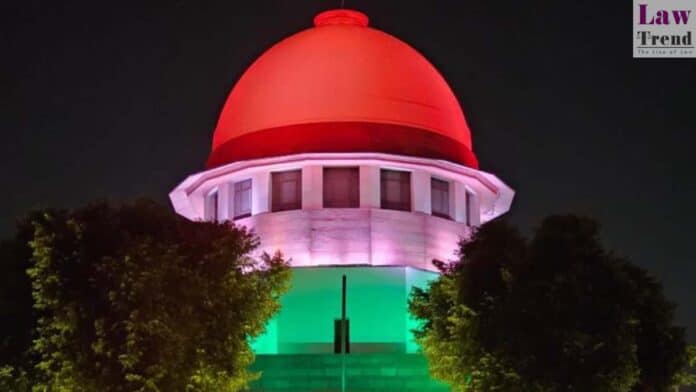In a pivotal judgment on October 17th, the Supreme Court acquitted Vishwajeet Kerba Masalkar, who was on death row for the 2012 triple murder in Pune. The Bench, comprising Justices BR Gavai, Prashant Kumar Mishra, and KV Viswanathan, cited the prosecution’s failure to conclusively prove guilt beyond reasonable doubt as the basis for overturning the conviction.
The case, which revolved around the murder of Masalkar’s mother, wife, and two-year-old daughter, drew significant attention due to its reliance solely on circumstantial evidence. Masalkar had been accused of committing the murders following familial objections to an alleged extramarital affair. Initially, he misled the police with a claim that the murders occurred during a theft, which was quickly debunked through the investigation.
Investigators noted discrepancies in Masalkar’s account, including the absence of stolen items and lack of forced entry at the crime scene. Further suspicion arose when it was revealed that an elderly neighbor had been assaulted during the murders, presumably to prevent any intervention.
In 2016, the Pune trial court convicted Masalkar and sentenced him to death, describing the act as a cold-blooded murder. The Bombay High Court later affirmed this decision in July 2019, classifying the murders as “rarest of the rare” and deserving of capital punishment. However, the execution was stayed pending the Supreme Court’s review.
After deliberating on the appeal filed in January 2020, the Supreme Court, reserving its final judgment last September, concluded that the evidential threshold for a conviction based on circumstantial evidence had not been met. Consequently, the justices overturned both the conviction and the death sentence.
The defense team, composed of Advocates Payoshi Roy, K Paari Vendhan, Siddhartha, S Prabu Ramasubramanian, Bharathimohan M, Santhosh K, P Ashok, and Manoj Kumar A, argued effectively for Masalkar’s acquittal. The State of Maharashtra was represented by a team led by Advocates Siddharth Dharmadhikari and Aaditya Aniruddha Pande.




